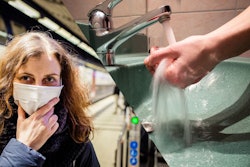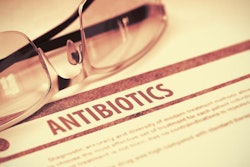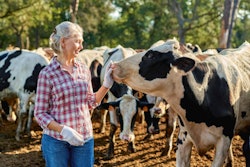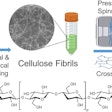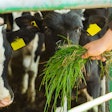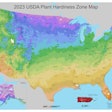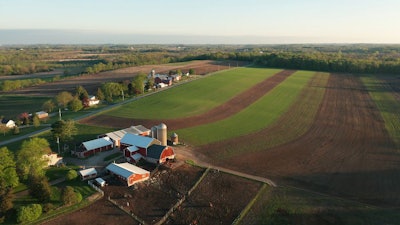
Land O’Lakes CEO Beth Ford says difficult times have revealed the resiliency of farmers and the importance of the food supply chain
A lot of truths have revealed themselves during the COVID-19 pandemic, among them the safety of the U.S. food supply and the resiliency of American farmers.
That was one of the many points made by Beth Ford, CEO of Land O’Lakes Inc., during a “fireside chat” with American Farm Bureau Federation (AFBF) President Zippy Duvall during the AFBF Virtual Convention on January 11.
“This past year, I could not be prouder of the resilience of the farmers, our farmer-members, of our team, who have come through this very, very challenging operating environment and delivered terrific results for the foundational issue that is tied to this cooperative, and that is food production and agribusiness,” Ford said.
The U.S. food system is among the safest in the world, and I agree with Ford’s belief that our food safety is a matter of national security.
“It was made more obvious during this pandemic: the critical nature of our safe, affordable, resilient food supply. This is a national security issue,” she said. “I’m gratified that the resilience of the farmer – the nature of the farmer in this pandemic – has been made very clear and that national security issue of safe, affordable food supply was made obvious to everybody. And, boy, did the farmers deliver.”
Of course, many lessons have been learned during the pandemic too, such as when meat processing plants were shut down and some producers had no place to send their animals when they were ready for market. Much of the agrifood supply chain is based on just-in-time production, but the challenges during the pandemic have led to conversations about the potential benefits of just-in-case production.
“Now we’ve got to think about what that balance is with just in case – just in case something happens like this again, and what would we do,” Duvall said. “With this just-in-time system, we can’t afford to have processing facilities shutting down because of the pandemic or health reasons. We’ve got to find some way to fix that and make sure the employees are protected because everything backs up when that happens.”
Ford said that situation demands a balance of two opposing forces.
“You have this interesting dynamic: You have these two countervailing pressure points. One, the farmer has to deliver a safe, affordable food supply … and that means you have to have lowest cost possible, which demands efficiency, which means the value chain is very tight because you can’t have any slack in the value chain because otherwise you have too much expense,” she said “So how do you make sure you have appropriate investments, you have alternatives, when you have a situation like this?”
As we figure out the answers to this, and many other, questions, “We’re going to be in for some bumpy times as we come out of this pandemic and as we step into ‘normal,’” Ford said.


